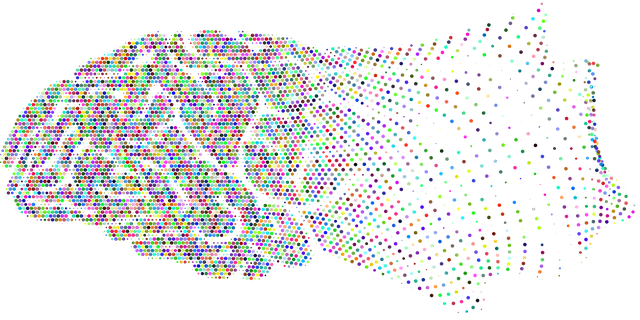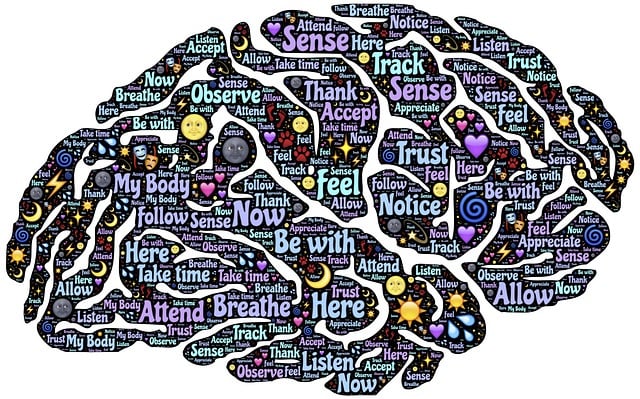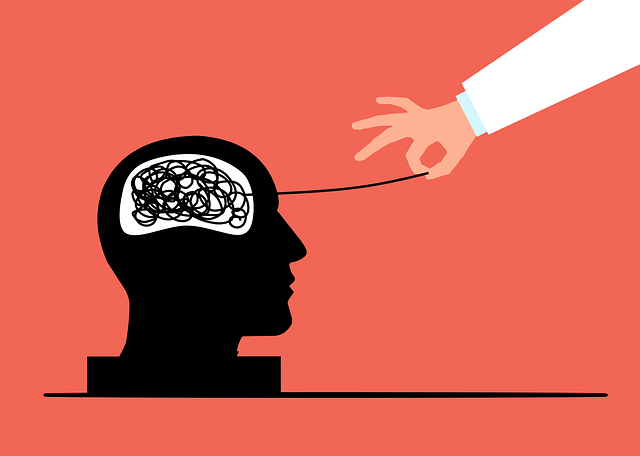Mental health advocacy initiatives drive awareness and understanding of psychological well-being through stigma reduction, improved access to therapy, and mental wellness coaching integration. These campaigns empower individuals with emotional intelligence to manage their mental health effectively. Therapy serves as a cornerstone in psychological testing, offering diverse approaches like Cognitive Behavioral Therapy (CBT) for specific concerns and stress reduction. Community engagement, led by interactive workshops and public awareness campaigns, combats stigma and normalizes therapy and psychological testing. Advocacy initiatives also shape policies to enhance accessibility to therapy for psychological testing, destigmatizing emotional healing and fostering a healthier society.
Mental health advocacy initiatives are crucial in shaping a more supportive society. In this article, we explore key components of mental health activism, from understanding advocacy’s role in promoting psychological testing and awareness, to community engagement strategies that break down stigma through education. We also delve into policy changes needed to advocate for accessible mental healthcare services, emphasizing the importance of therapy in addressing psychological issues. Join us as we uncover ways to foster a culture of care and understanding.
- Understanding Mental Health Advocacy: A Call for Action
- The Role of Therapy in Psychological Testing and Awareness
- Community Engagement: Breaking Stigma Through Education
- Policy Changes: Advocating for Accessible Mental Healthcare Services
Understanding Mental Health Advocacy: A Call for Action

Mental health advocacy initiatives are a call to action, fostering awareness and understanding of psychological well-being. It involves a collective effort to reduce stigma, promote access to therapy for those in need, and integrate mental wellness coaching programs into everyday life. By emphasizing emotional intelligence, these campaigns aim to empower individuals to recognize and manage their mental health effectively.
In the context of a rapidly changing world, it’s crucial for mental health professionals to adapt and implement robust risk management planning. This ensures not only their resilience but also the quality of care they provide. With access to the right resources and training, such as psychological testing methods, professionals can better navigate complex cases and contribute to a more comprehensive approach to mental wellness development.
The Role of Therapy in Psychological Testing and Awareness

Therapy plays a pivotal role in both psychological testing and cultivating awareness around mental health. Through various therapeutic modalities, individuals can explore their thoughts, feelings, and behaviors to gain deeper insights into their emotional well-being. This process facilitates a better understanding of themselves and helps identify potential areas of concern or distress.
In the context of psychological testing, therapy serves as a crucial tool for assessment, offering methods such as cognitive behavioral therapy (CBT) to address specific mental health issues and promote stress reduction techniques. Moreover, emotional intelligence, developed through therapy, empowers individuals to manage their emotions effectively and make sense of complex feelings. For mental health professionals, risk management planning is essential alongside their practice; therapy not only helps patients but also equips practitioners with strategies to navigate challenging situations, ensuring a safer and more supportive environment for both client and practitioner.
Community Engagement: Breaking Stigma Through Education

In the fight against mental health stigma, community engagement plays a pivotal role. Education serves as a powerful tool to break down barriers and foster understanding. Through interactive workshops, public awareness campaigns, and engaging discussions, communities can dispel misconceptions surrounding mental health issues. Encouraging open conversations normalizes seeking therapy for psychological testing, reducing the fear and shame often associated with mental illness. This collective effort ensures that individuals feel supported and empowered to prioritize their well-being.
Effective communication strategies are key to successful community engagement. Utilizing various media platforms, storytelling, and peer support networks amplifies messages of hope and resilience. Moreover, healthcare providers can contribute by adopting burnout prevention strategies, as caregiver well-being is integral to sustained advocacy efforts. By prioritizing self-care and implementing supportive practices, healthcare professionals can effectively continue their crucial work in promoting mental health literacy within the community.
Policy Changes: Advocating for Accessible Mental Healthcare Services

Mental health advocacy initiatives play a pivotal role in shaping policies that impact accessibility to healthcare services. One key area of focus is advocating for policy changes that ensure therapy and psychological testing are readily available and affordable for all. This involves pushing for insurance coverage expansion, reducing financial barriers, and increasing the number of mental health professionals. By promoting Mind Over Matter principles, these efforts aim to destigmatize emotional healing processes, making it easier for individuals to seek much-needed support.
Public Awareness Campaigns Development is another crucial aspect of these initiatives. Educating communities about mental health issues helps foster an environment where people are more accepting and supportive. These campaigns highlight the importance of early intervention and continuous care, ensuring that emotional healing processes become integral parts of societal norms. Accessible therapy for psychological testing is not just a service; it’s a step towards creating a healthier, more compassionate society.
Mental health advocacy initiatives, encompassing therapy for psychological testing, community engagement, and policy changes, are vital in creating a more inclusive and supportive society. By fostering awareness and breaking down stigma, we can ensure accessible mental healthcare services for all. Through collective action and ongoing dialogue, we have the power to revolutionize mental health support and promote well-being on a global scale.














